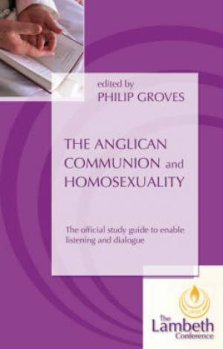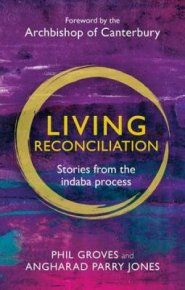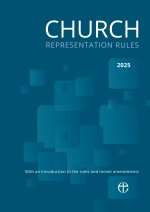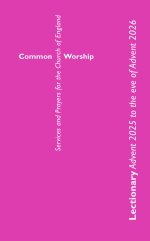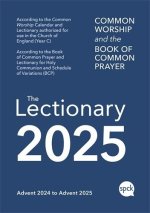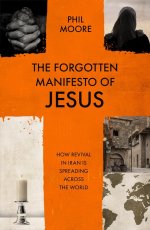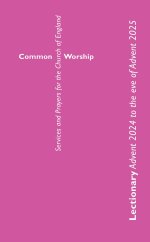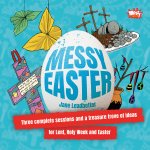Can there be a more urgent need in God’s world today than for reconciliation? The brokenness of the world, of systems, nations, communities and individuals is subject to constant analysis and reflection. As Justin Welby makes clear in his introduction, reconciliation is at the heart of the gospel; in many respects reconciliation is the gospel. Yet for Jesus this never involved ignoring conflict, for it is in the recognition of conflict that we will always find the seeds of reconciliation. It begins with listening.
This book seeks to explore what the gospel offers today’s broken world in the light of the Anglican Communion’s own challenges with conflict and the Indaba process the church embarked upon as part of its own journey of reconciliation. The wisdom in the book is all the more powerful for being grounded in the tough reality of real, not imagined, disagreements of the most profound kind.
Eight chapters take us on a journey that explores stories of conflict, both biblical and contemporary. The apostle Peter – so often the perfect disciple to accompany us on journeys of self-examination - takes a central role. Each chapter ends with prayer and challenging questions for further exploration, whether individually or as part of a group. A website contains more follow up resources with downloads, videos, a blog and more. The book is also available in a Kindle edition.
At the heart of Living Reconciliation lies the Indaba process and its focus on creative conversations grounded in love. This is no easy option as the themes of uncertainty, power and risk that flow through the book make clear.
Excellent and inspiring though it is, it is less obvious how the book might be used at local church level. Individuals will be inspired by it perhaps to explore conflict resolution training for themselves; congregations experiencing deep conflict however, may find it more useful to employ external assistance than use a resource such as this.
Trustpilot


